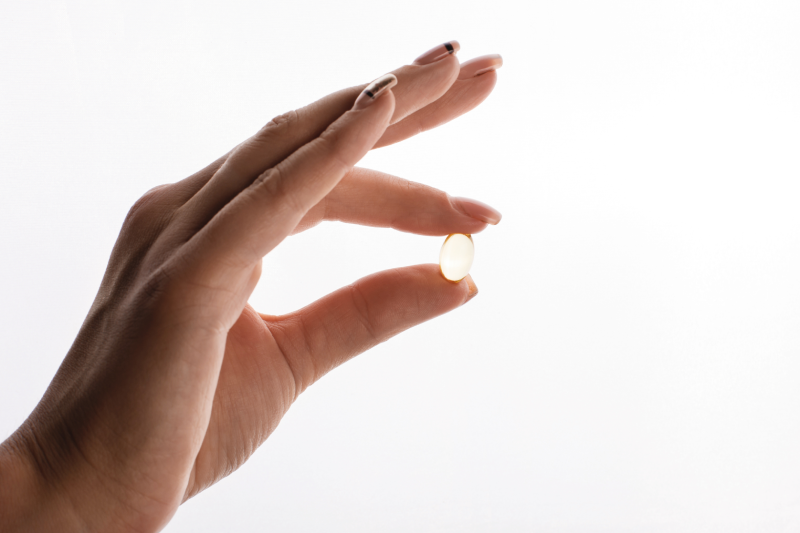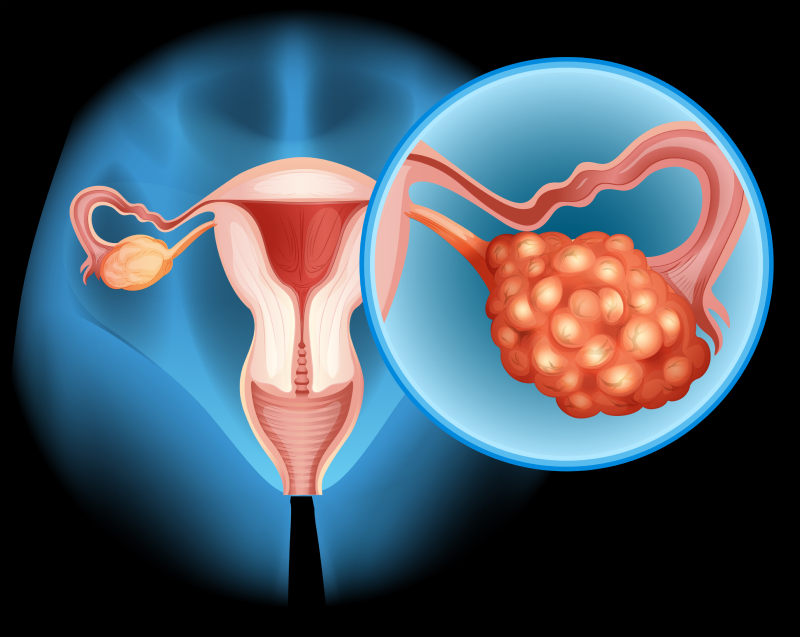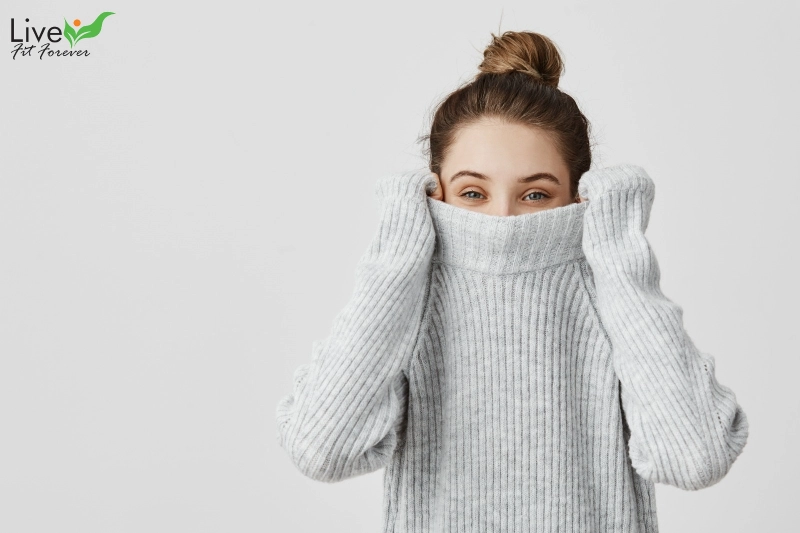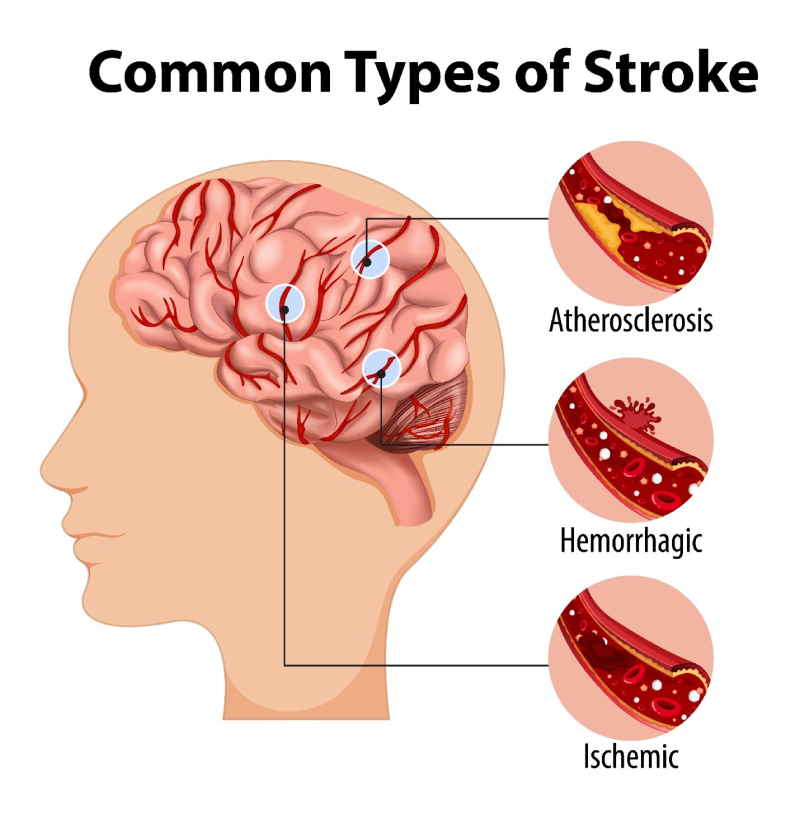First Aid for Insect Stings or Bites

Livefit4ever,
Medically Reviewed by Dr. Sowjanya,
September 17, 2020

First aid for insect bites: When insects like bees, mosquitoes, ants, bugs, wasps, and flies bite – their venom and other proteins get into your body and then the symptoms like pain, itching, swelling, redness manifest at the site of the bite. This is the result of body’s reaction to venom and proteins and other chemicals present in their saliva.
Insects’ bites in most of the cases are not the same. They may cause mild to severe reactions. Skin reaction to the bite is mostly itching, redness or swelling.
However, the reaction mostly depends on the type of insect that has stung and it varies among people. Some creatures and insects can cause mild damage and the others can induce severe reactions. In some individuals who are prone to allergies, allergic reaction can become serious. For instance – honey bees stings and the bites and stings from scorpion, a wasp or a fire ant may cause severe skin reactions. In rare cases, kids who are allergic to insect bites, may get life-threatening symptoms. Wasp and bees’ allergies are common.
You can recognize the insects (spiders, insects and scorpions) or other creatures and take care of the affected person in the following ways:
Bees leave stinger (yellow jackets and honey bees are the insects that leave stinger) in the skin; remove it with your finger nail. Neither pinch with your fingers nor use tweezers because more venom goes deeper into the skin as you try this way to remove stinger. Don’t use any sharp needle either to pick it off because more venom could go into the skin.
What Should You Do If a Child Develops Severe Symptoms?
If you have multiple stings on head, hands, near eyes and neck – take medical help immediately.
If a child has been stung or bitten by an insect (spider) and has severe swelling, inflammation, hives, facial swelling, dizziness, breathing difficulty and then faints – then immediately take medical help.
What Should You Do If a Tick Bites?
If you have been bitten by a tick then remove it as early as possible to reduce the risk of catching Lyme disease (Lyme arthritis – a bacterial disease). Remove the tick as early as possible with tweezers– if it persists for more than 36 hours, the risk of transmission of Lyme disease increases.
The symptoms of Lyme disease include fever, headaches, skin rashes and fatigue. The infection can spread to joints, nervous system and heart and can be life-threatening.
When Should You Seek Emergency Care?
Immediately call emergency department if:
- Swelling gets worse
- Symptoms like wheezing and breathing trouble develop
- Hoarseness, chest discomfort, chest tightness, dizziness, vomiting and abdominal cramps develop.
- Lips colour changes and turns blue.
- If the affected person goes in shock (becomes unconscious).
- Heart beats faster than usual
- Face and mouth swell
First Aid for Insect Bites
If there are no serious symptoms like the above ones, then start giving first aid.
- Elevate the part of the body – hands or legs where the insect has stung.
- Use ice pack or place a cold compress on the affected area for around 10 minutes.
- Use a clean cloth for wrapping ice to prevent infection.
- Ice packs help in reducing pain and swelling.
- Wash the area of the bite with soap and water.
- Apply antiseptic and cool pack. Give a pain killer like paracetamol for patients bitten by scorpion. Pain from a scorpion bite is very severe and can persist for several hours.
- For relieving pain analgesics such as ibuprofen and acetaminophen can be used.
- Don’t scratch the affected area or burst any blister – it will increase infection risk.
- Avoid using any home remedies.
- Avoid scratching the area or bursting any blisters, to reduce the risk of infection.
- Use calamine lotion – an antihistamine cream or (1% hydrocortisone cream) to relive pain and itching.
- Calamine lotion soothes skin.
- You can use Caladryl (calamine + antihistamine). It can be safely used with Hydrocortisone.
- If you have a hydrocortisone cream handy then use it to get relief from itching.
- Insect bites or stings in young children cause severe pain, irritation, inflammation.
What precautions should you take?
when you go for an outing in the hilly and forest areas or in the city suburbs or outskirts – take the following precautions:
Some adults and children are allergic to insect bites. They must get evaluated by allergy specialist. For instance, if you or any of your family member or child has experienced an allergic reaction to insect bite before – they must get evaluated by an allergy specialist. If the specialist declares them as prone to insect allergies, then they should carry epinephrine – a medicine that treat serious and life-threatening allergic reactions.






